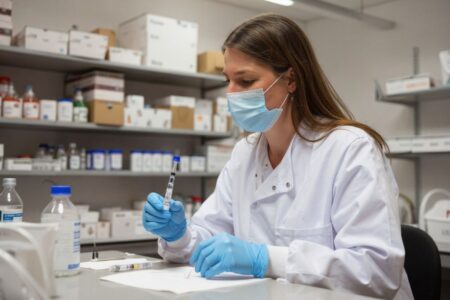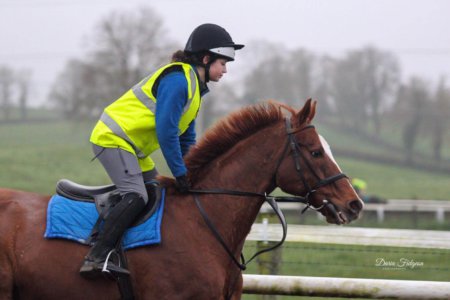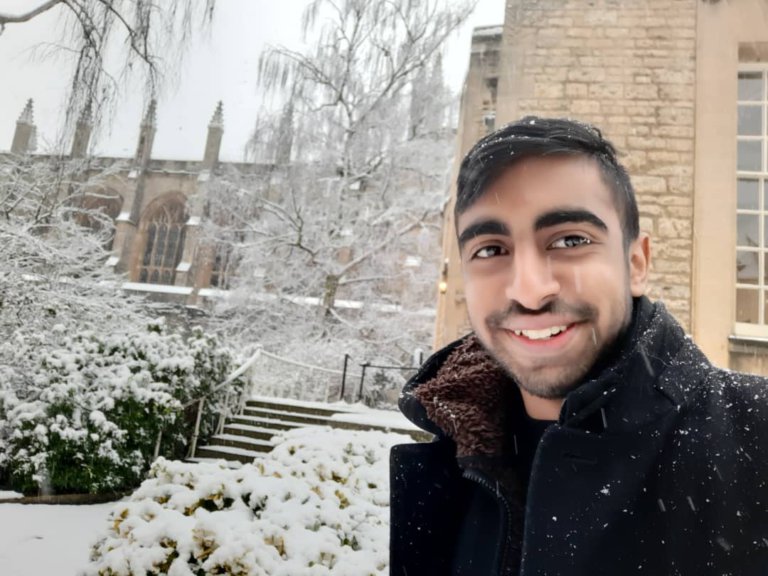
Going to law school at Oxford University is something many can only dream of. Kuberan Kumaresan, from Malaysia, is not only living this dream. He’s doing so with the help of a 5,000 pounds IELTS Prize.
“The IELTS Prize recognises those high performing students that demonstrate academic excellence and commitment to excel during international study,” says Steve Adams, Director Examinations, for the British Council in East Asia said. “More importantly, they show the determination to take what they learnt during their time abroad and use it to benefit their communities when they return home.”
For undergraduate students, tuition fees in UK universities range between 10,000 pounds and 18,000 pounds depending on courses and the institution. With food, rent, transport and flights, it can be a heavy burden on one’s wallet. With 5,000 pounds, Kumaresan has been able to cover some of these high costs and focus on achieving high marks instead.
Below we speak to Kumaresan on what the application process for this prize was like and life as an international student at Oxford University:
What made you choose to apply for the IELTS Prize? Walk us through the application process.
Beyond the obvious financial and mental relief, the IELTS Prize chooses winners by valuing academic achievement where they cared more about my aspirations for the future. They also cared for what I planned to do to contribute to my community and society.
The application process was undoubtedly nerve racking. I had to send in a written application, present a Powerpoint and answer questions from a group of designated interviewers. While it was scary, I started to feel at ease when I realised that the interviewers were genuinely trying to find out more about me as a person.
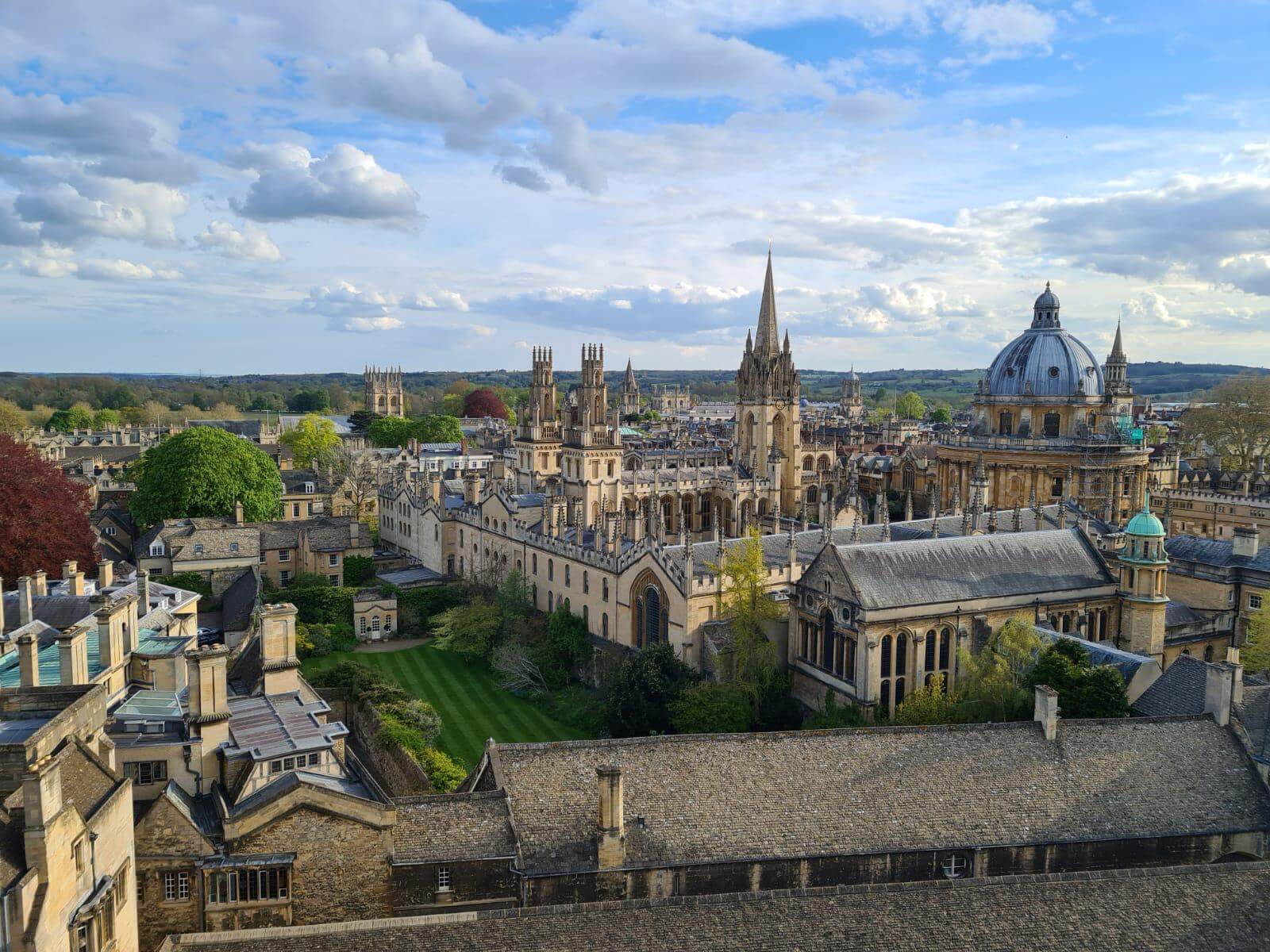
Although apprehensive at first, Kumaresan now enjoys studying and living in Oxford. Source: Kuberan Kumaresan
What made you choose to study law at Oxford University? Is there a personal backstory behind your passion for this subject?
Since I was young, I’ve been fascinated by conundra, i.e. deceptively simple questions that entail adopting a unique approach. As time passed, I have come to appreciate law as a rich seam of such problems but still supporting the structure of almost every society.
The ability of judicial bodies to redefine the zeitgeist of a society is indicative of the law’s impact on each and every individual. This, I hope being part of the legal process, allows me to positively impact the lives of individuals who have been railroaded by a justice system that is supposed to protect them.
Moreover, it has been a natural progression for me as my experience debating for my country and the skills I have honed as a result propel me into the legal arena. WIth my drive for justice and ability to persuade people, the interest to study law came rather naturally.
Being offered to read law at Oxford University was a rare honour, this uni has a reputation for producing some of the greatest legal minds in history. I believe with this very knowledge, I will also be able to practice it to the best of my ability.
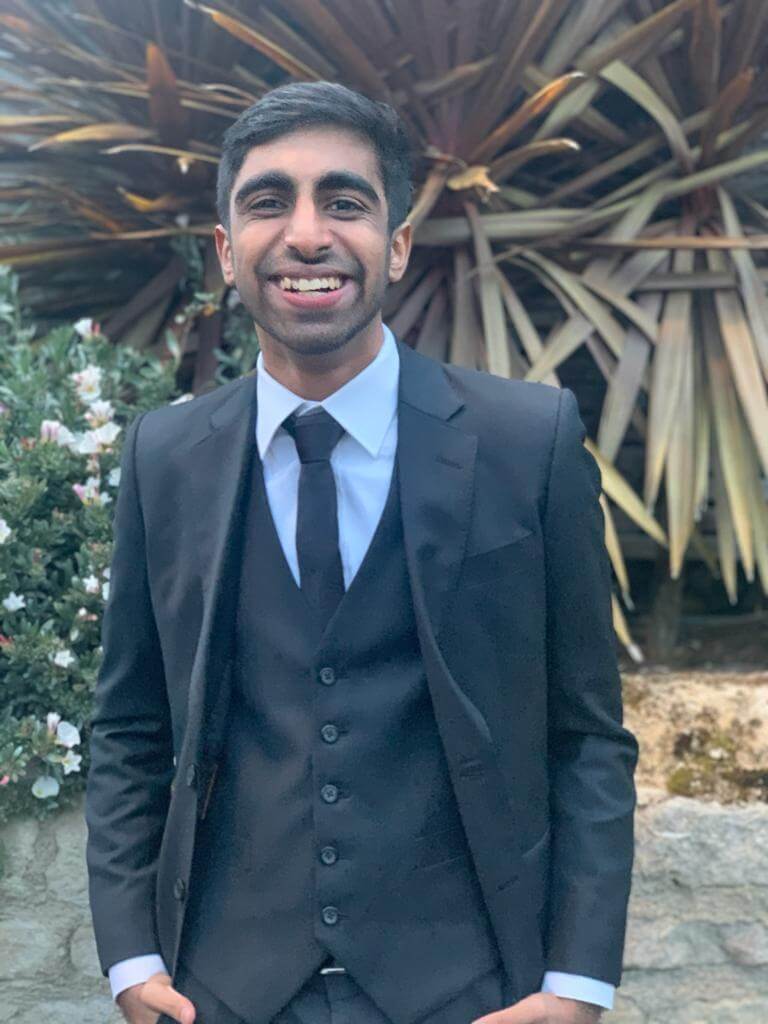
“As time passed, I have come to appreciate law as a rich seam of such problems but still supporting the structure of almost every society.” Source: Source: Kuberan Kumaresan
What do you enjoy most about being in the UK?
The wonderful people I have met and become friends over the past few months. Before coming here I was very worried about the prospect of having to interact with people who are so socially and culturally different.
Despite my initial reservations, I ended up making friends with a very diverse group of people who have taught me a lot about different cultures and customs that I’ve never been exposed to before.
Besides your studies at Oxford University, what are some memorable experiences?
I have had way too many to count. One that stands out is when my friends and I had a barbeque at a very scenic park and played football, among other games, for three hours.
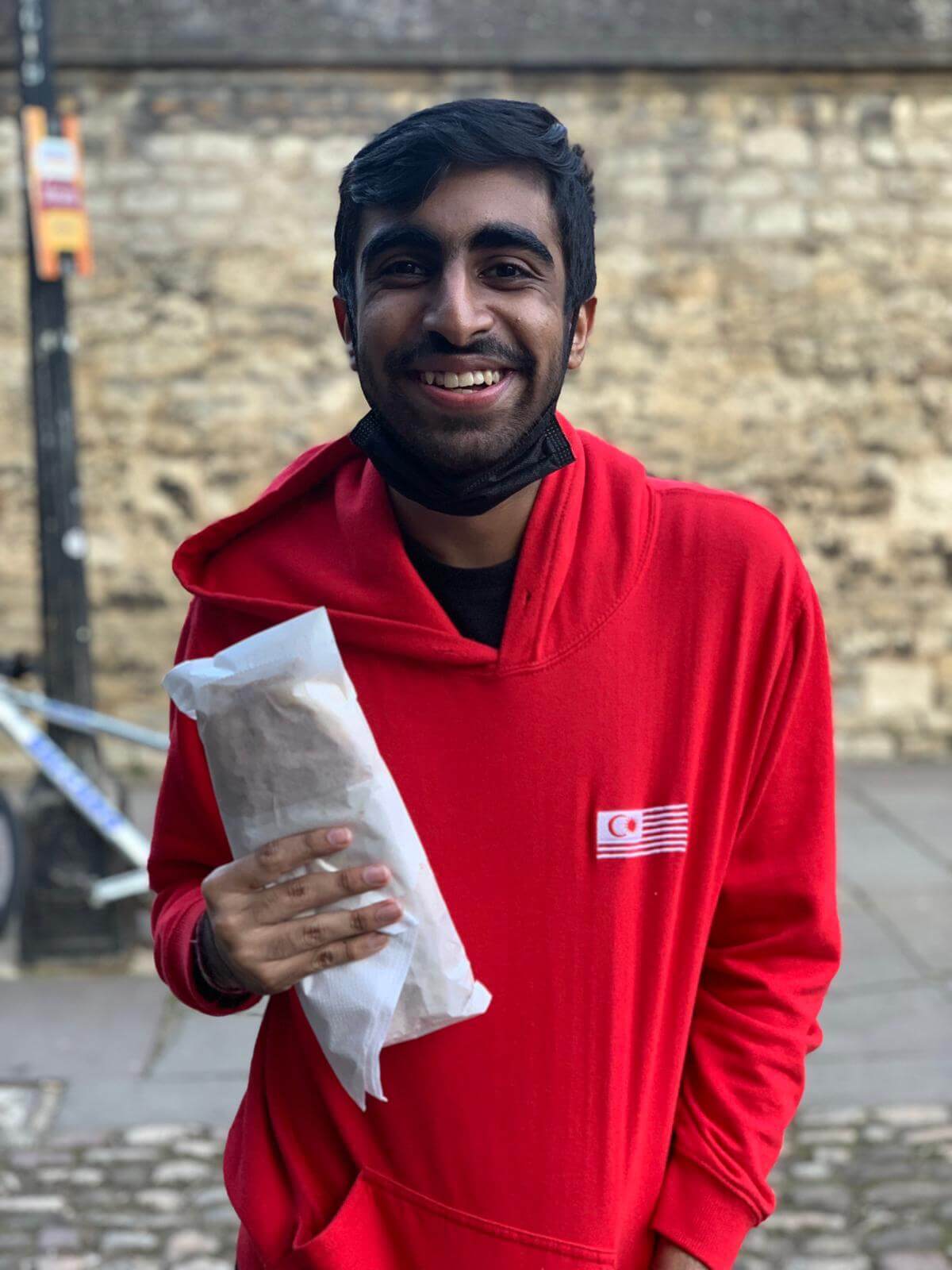
“I think my biggest piece of advice is to try new things and not be afraid of leaving your comfort zone.” Source: Kuberan Kumaresan
Tell us about your hometown.
The first place I would recommend is my local “mamak” (street stall) restaurant that serves the best Malaysian delicacies. Be it a “nasi lemak” (fragrant coconut rice in pandan leaf) or a “roti canai” (Indian-influenced flatbread).
The wonderful sights of Kuala Lumpur can’t be missed either! My personal favourite is our National Museum which is steeped in history containing artifacts dating back to the eighth century.
Have you explored the region? What stood out to you?
I’ve been lucky enough to be taken to many interesting places in Oxford by my friends. However, due to COVID-19 restrictions and exams, I’ve not been able to go to many indoor enclosed places (like museums) as I would like. But my favourite spot would be a place called Castle Mound which is a hill where my friends and I would often just sit and watch the sunset.
Tell us your most and least favourite local food you’ve tried.
Unfortunately, I am not a huge fan of the British cuisine. But my favourite would be the English Breakfast which consists of toast, baked beans, scrambled eggs, hash browns and sausages. My least would be everything else. Jokes aside, I’ve been very lucky to find shops that serve spicy Asian food. I visit these establishments more than I visit my own room.
Is it hard for a foreigner to strike up a conversation with the locals?
Not at all. In my experience the locals have always gone out of their way to be accommodating to help foreigners feel welcome. I’m lucky in the sense that Oxford is considered to be a “university” town which means that many waiters and cashiers I interact with on a daily basis are actually all students at Oxford University, but from every corner of the globe.
What’s one thing from the UK you’re planning to bring back home?
Frankly speaking, there isn’t much in the UK that I cannot find back home. Perhaps the one thing I will bring back is a fridge magnet. So I can add to my family’s collection of magnets from around the world.

Kumaresan has immensely enjoyed being able to explore scenic spots around Oxford. Source: Kuberan Kumaresan
What do you miss from home the most and how do you substitute it?
As much as I miss the weather and food in Malaysia greatly, it is unquestionable that the thing I miss most is my family and friends. There is not much I can do to substitute them so I make sure to regularly schedule video calls and to keep them updated on what’s going on in my life.
What advice do you have for international students looking to start a new chapter in the UK?
I think my biggest piece of advice is to try new things and not be afraid of leaving your comfort zone. I was petrified when I arrived about not being able to make new friends. Yet, the friends I’ve made drag me along to different events, meetings of clubs and societies. From there, I’ve made lifelong friendships and tried activities I never imagined I would ever enjoy.








